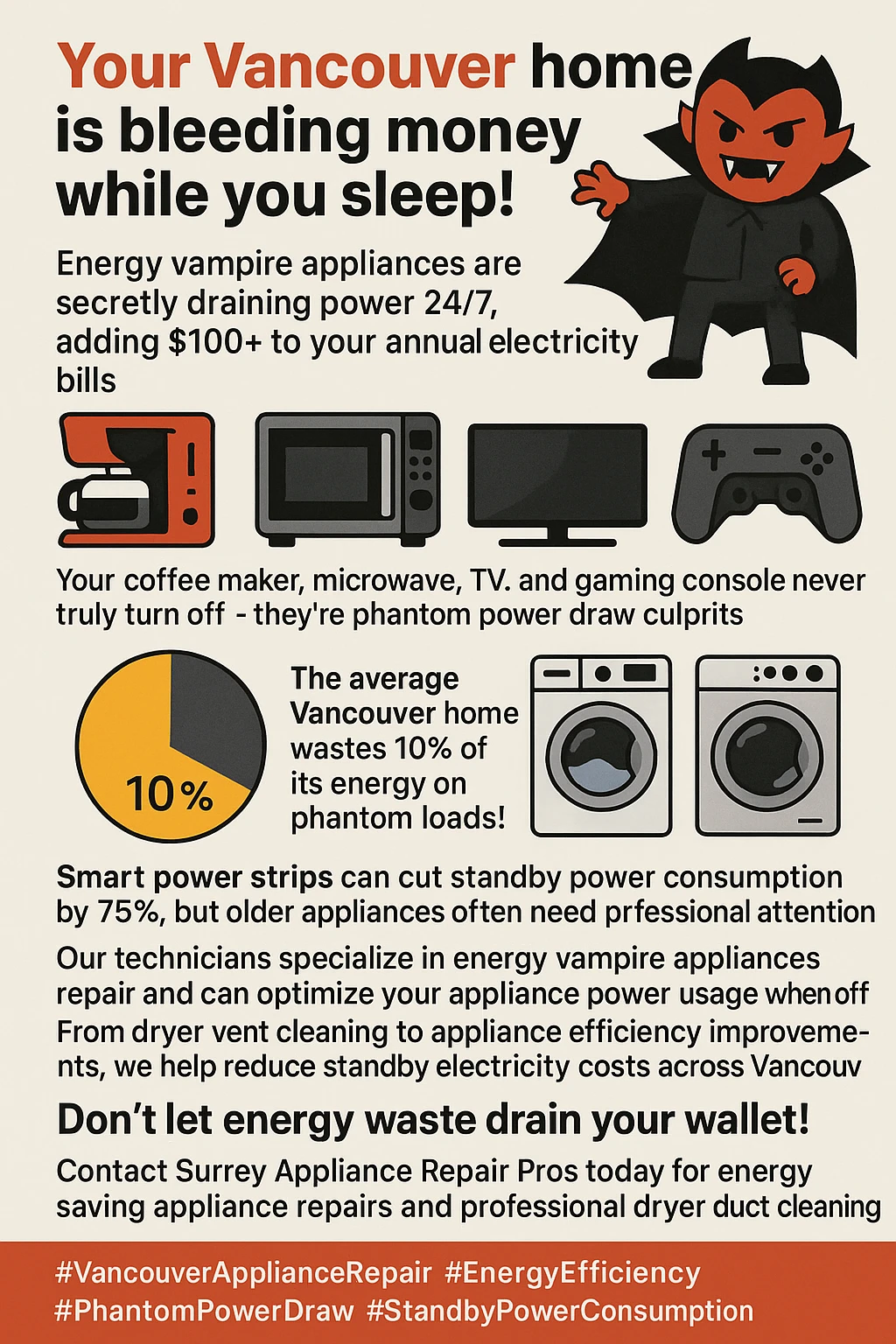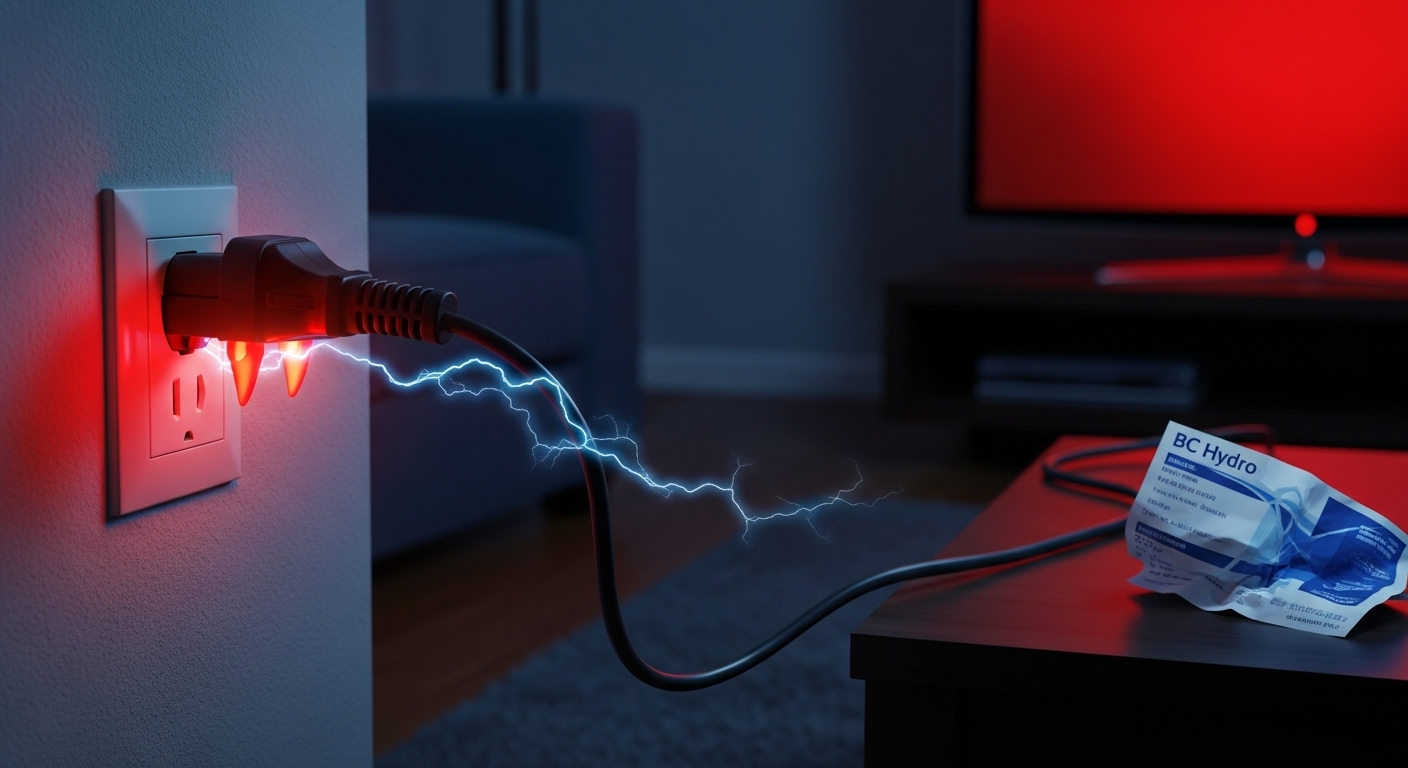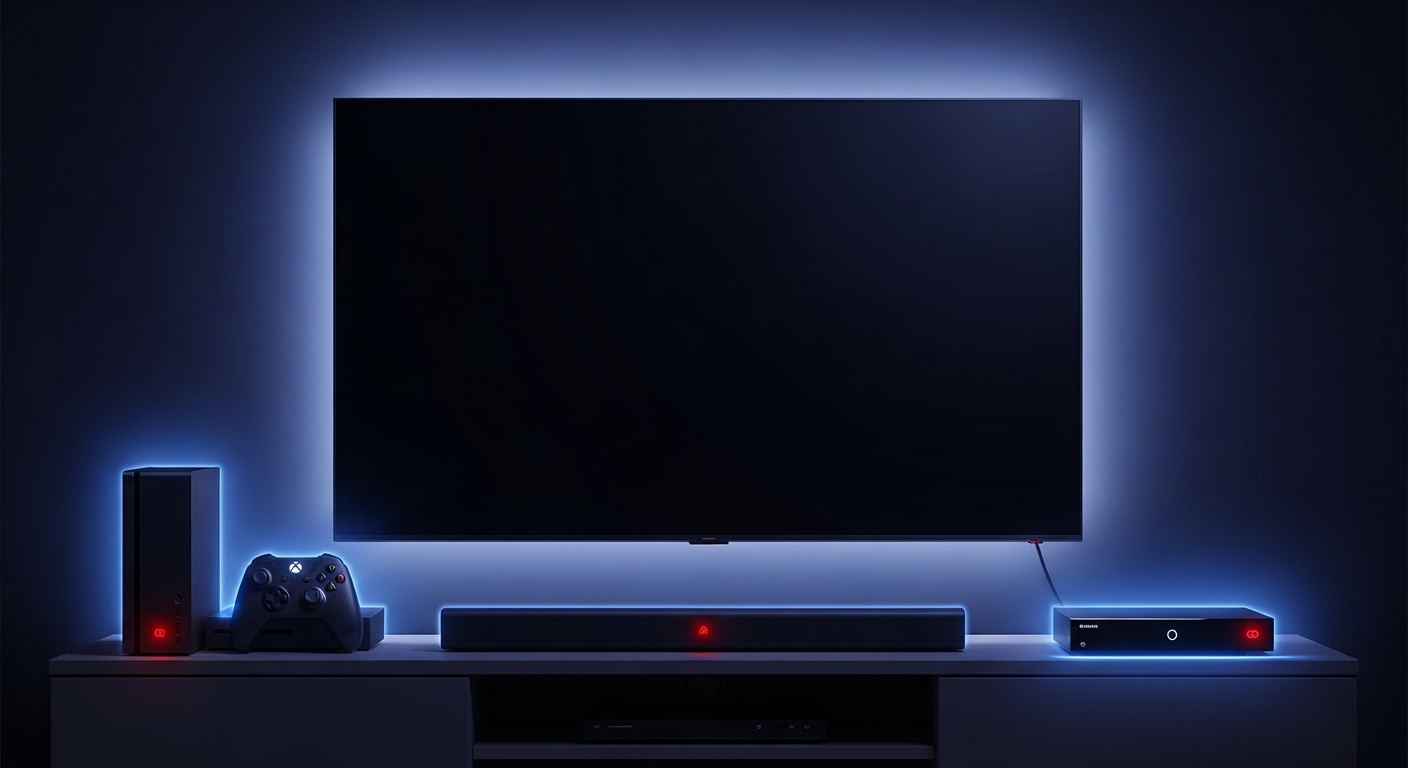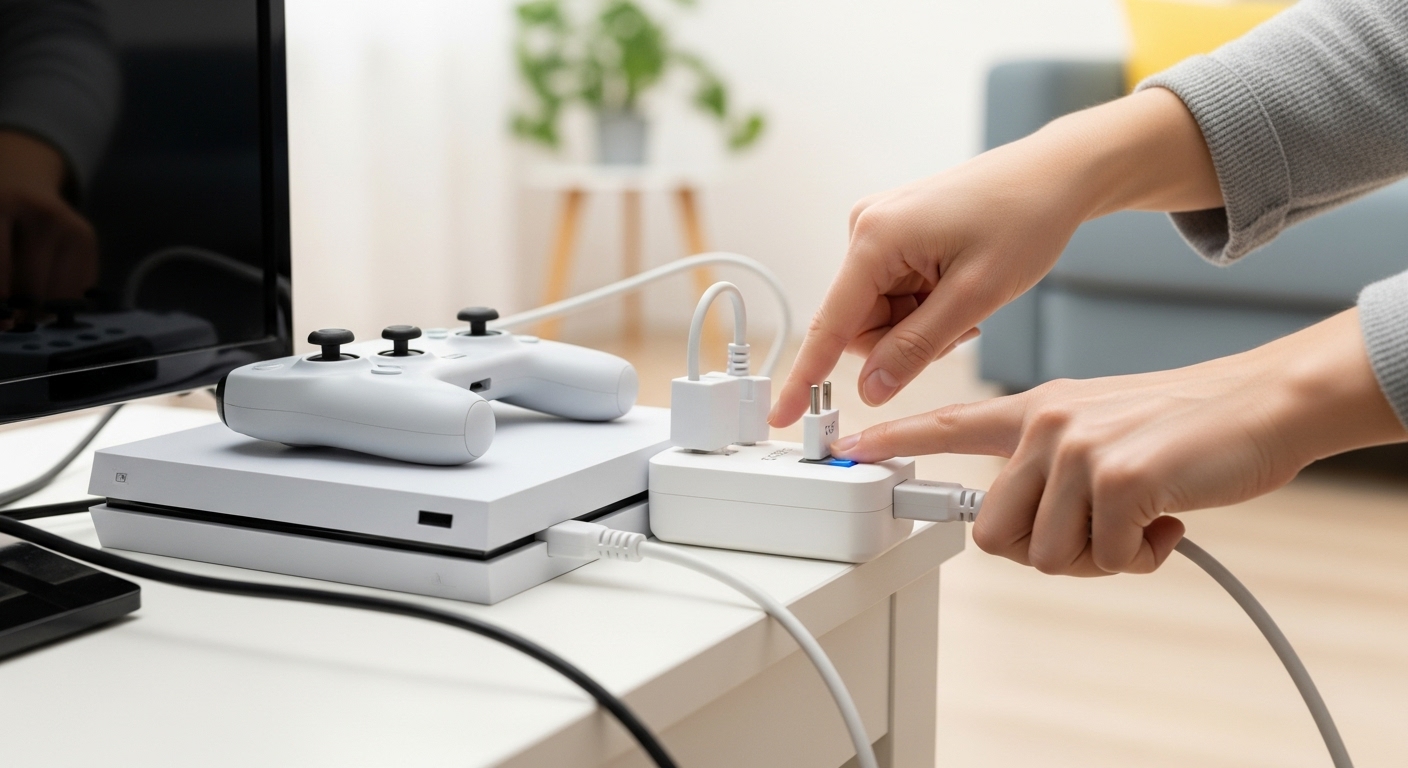The Hidden Appliance Energy Vampires: Which Vancouver Home Appliances Drain Power When ‘Off’ (And How Much It’s Costing You)
Tired of mysteriously high BC Hydro bills despite your best efforts to conserve energy? Those sneaky energy vampire appliances lurking in your Vancouver home might be silently draining your wallet and contributing to unnecessary carbon emissions.
Picture this: you’ve diligently switched to LED bulbs, turned down the thermostat, and religiously unplugged your phone charger every morning. Yet your electricity bill keeps climbing higher each month, leaving you scratching your head and wondering where all that power is going. The culprit might be hiding in plain sight – those innocent-looking appliances quietly sipping electricity 24/7, even when they appear to be “off.”
As Vancouver homeowners grapple with rising utility costs and BC Hydro’s tiered pricing structure, understanding phantom power consumption has become more crucial than ever. These energy vampires don’t just nibble at your budget; they can account for up to 10% of your household’s total electricity usage. With BC’s current rates sitting at 11.72 cents per kilowatt-hour for Tier 1 consumption, that seemingly small percentage translates to real dollars disappearing from your bank account every month.
The good news? Once you know what to look for, eliminating these energy-wasting culprits is surprisingly straightforward. From entertainment systems that never truly sleep to kitchen appliances sporting unnecessary digital clocks, we’re about to expose the biggest energy vampires in Vancouver homes and show you exactly how much they’re costing you each year.
Key Outtakes:
- Energy vampire appliances can account for up to 10% of your household electricity consumption, costing Vancouver homeowners $100-300+ annually in unnecessary utility bills
- Set-top boxes, gaming consoles, and smart TVs are the biggest culprits, with some devices consuming over 30 watts continuously even when appearing to be “off”
- BC Hydro’s tiered pricing structure means phantom power costs 11.72-14.08 cents per kWh depending on your usage tier, making elimination efforts even more financially rewarding
- Professional energy audits and targeted appliance maintenance can identify hidden efficiency problems, often paying for themselves within months through reduced consumption
- Simple solutions like smart power strips and strategic unplugging can eliminate most phantom power consumption without sacrificing modern convenience

What Are Energy Vampire Appliances and Why Should Vancouver Homeowners Care

Energy vampire appliances – also known as phantom loads or standby power devices – are electronic devices that continue consuming electricity even when they appear to be turned off. These modern conveniences maintain various functions like displaying clocks, responding to remote controls, or staying connected to networks, all of which require a constant trickle of power that adds up significantly over time.
The scope of this problem might shock you. According to Natural Resources Canada, phantom power amounts to at least 5 percent of the electricity used in the average Canadian home – which might not sound like much until you realize it’s enough electricity to operate your refrigerator for an entire year. When you multiply this by Vancouver’s current electricity rates and factor in the thousands of households across the Lower Mainland, we’re talking about millions of dollars in wasted energy annually.
Vancouver’s unique housing landscape makes this issue particularly relevant. With high-density condo living and smaller living spaces packed with multiple entertainment systems, home office setups, and kitchen appliances, the cumulative effect of phantom power consumption becomes amplified. Many residents have gaming consoles in bedrooms, entertainment centers in living rooms, and home office equipment running around the clock – all contributing to an invisible energy drain that operates continuously regardless of actual usage patterns.
The Biggest Energy Vampire Culprits in Your Vancouver Home

Now that we understand the problem, let’s identify the worst offenders lurking in Vancouver homes. These devices might look innocent enough sitting on your shelves and countertops, but they’re working overtime to pad your BC Hydro bill even when you think they’re completely powered down.
Entertainment systems top the list of energy vampires, with set-top boxes being among the most egregious offenders. These devices maintain programming guides, record shows, and stay ready to respond to remote commands around the clock. Cable and satellite boxes can consume between 15-31 watts continuously, even when your TV appears to be completely off. To put this in perspective, a device consuming 25 watts continuously costs Vancouver residents approximately $24 per year just to maintain its standby functions.
Gaming consoles represent another major category of energy vampires, particularly when configured for instant-on modes that allow quick startup and automatic downloads. While a PlayStation or Xbox might only draw 8-15 watts in basic standby mode, enabling features like voice activation or background updates can push consumption up dramatically. Some gaming consoles can consume up to 150 watts in enhanced standby mode, which translates to roughly $135 annually at BC Hydro’s current rates – more than enough to buy several new games.
Kitchen appliances with digital displays might seem like minor players, but their collective impact adds up quickly. Microwaves, coffee makers, dishwashers, and toaster ovens sporting LED readouts typically consume 1-3 watts individually. However, when you account for multiple devices throughout a typical Vancouver kitchen, this collective phantom load can easily reach 15-20 watts of continuous consumption. That innocent-looking microwave clock alone costs about $3 per year to maintain its display.
Home office equipment deserves special attention because these devices often run continuously by design. Desktop computers in sleep mode, monitors maintaining quick-wake functions, printers ready for wireless commands, and networking equipment like routers and modems all contribute to phantom power consumption. Network equipment particularly deserves scrutiny because routers and modems typically draw 6-12 watts each and never truly turn off, making them steady contributors to your baseline energy consumption.
Smart TVs and modern television setups have evolved into sophisticated entertainment hubs that maintain internet connections, process voice commands, and coordinate with other smart home devices. Even when displaying that familiar red standby light, these devices are actively consuming power to maintain their various “convenience” features. A typical smart TV setup including the television, soundbar, streaming device, and related peripherals can easily consume 20-30 watts continuously in standby mode.
Vancouver-Specific Programs and Professional Solutions for Energy Efficiency

Vancouver homeowners have access to unique resources that can help address phantom power consumption while maximizing savings. Understanding these local programs and professional services can amplify your energy reduction efforts significantly, often providing financial incentives that make upgrades and improvements more affordable.
BC Hydro offers several rebate programs specifically designed to help residential customers reduce energy consumption. The Refrigerator Buy-Back program provides $30 credits for old spare fridges, recognizing that secondary refrigerators often operate inefficiently and contribute significantly to phantom power loads. This program addresses a common issue in Vancouver homes where basement or garage refrigerators consume far more energy than their primary kitchen counterparts.
Professional energy audits have become increasingly sophisticated in Vancouver, with many local companies now incorporating phantom power assessment into their standard services. These comprehensive evaluations can identify not only obvious energy vampires but also subtle efficiency problems that compound over time. Professional auditors use specialized equipment to measure actual consumption patterns and can recommend targeted solutions that often pay for themselves within months through reduced utility bills.
The integration of phantom power reduction with Vancouver’s existing building efficiency programs creates additional opportunities for savings. Professional appliance repair services throughout the city have begun incorporating energy efficiency assessments into routine maintenance calls, helping homeowners identify and address consumption issues during regular service appointments. This integrated approach ensures that phantom power problems don’t go unnoticed during other home maintenance activities.
Vancouver’s climate presents unique challenges for appliance efficiency that professional services understand well. The city’s mild, humid conditions can affect electronic components and create condensation issues that may increase standby power consumption over time. Local professionals familiar with these environmental factors can provide targete

